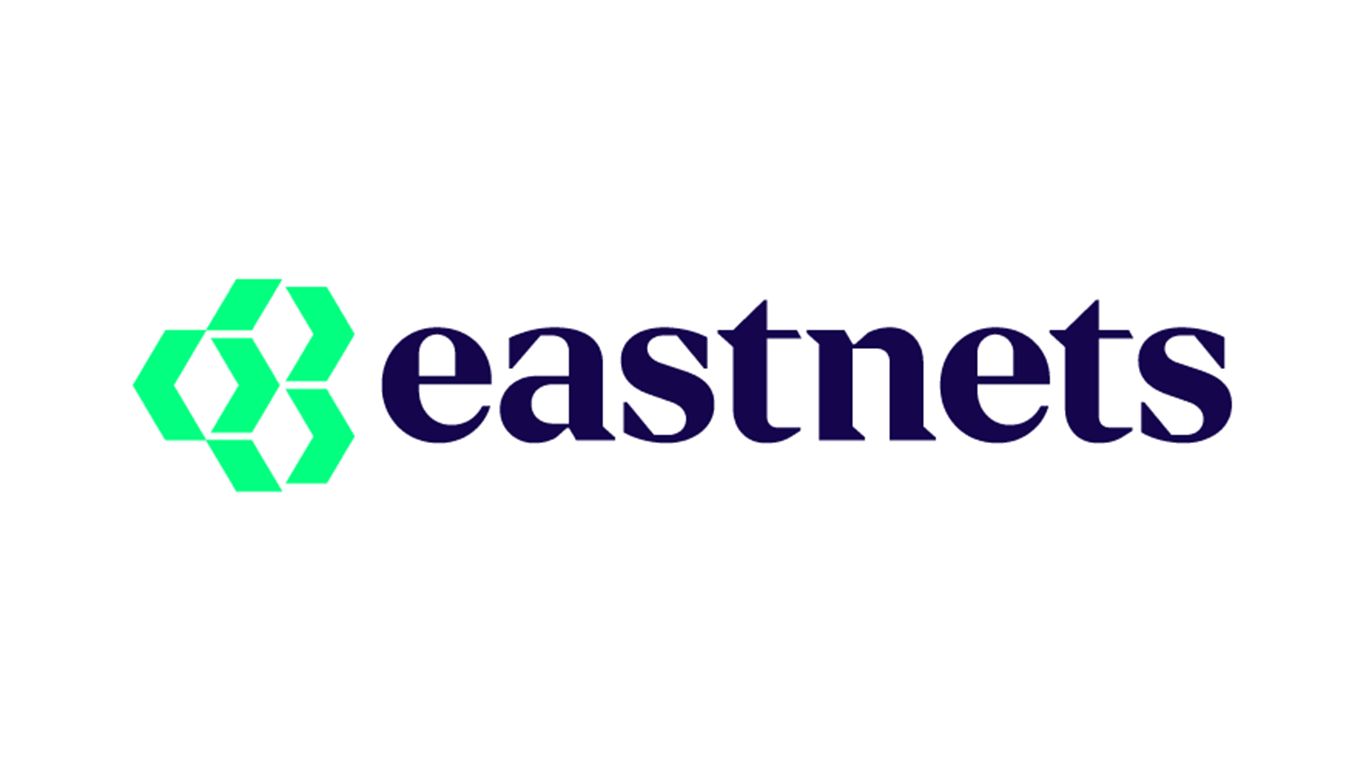Regnology Signs an Agreement To Acquire Moody’s...
- 19.12.2025 08:45 am
XBO.com Selects Sumsub To Strengthen Global KYC/KYB...
- 10.12.2025 08:15 am
ID-Pal Announces Strategic Acquisition of KYB...
- 02.12.2025 11:45 am
Formue Partners with Strise to Overhaul Manual KYB...
- 01.12.2025 09:15 am
NEXT Biometrics Enters Vietnamese Market, Secures...
- 21.11.2025 09:35 am
Trulioo Expands KYB Leadership With Launch of Credit...
- 14.11.2025 09:15 am
Ondato Launches AML Ranger: AI Assistant Tool...
- 24.10.2025 03:45 pm
World Anti-Corruption Conference: UK Money Laundering...
- 24.10.2025 09:55 am
Mako Financial Technologies and Trulioo Partner to...
- 22.10.2025 03:25 pm
SmartSearch and T-Tech Partner to Automate AML...
- 22.10.2025 11:45 am
iDenfy Launches SMS & Email Verification Tools for...
- 20.10.2025 04:35 pm
Dollarize Selects Flagright to Power Real-Time...
- 17.10.2025 11:45 am






















